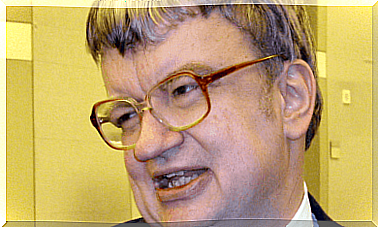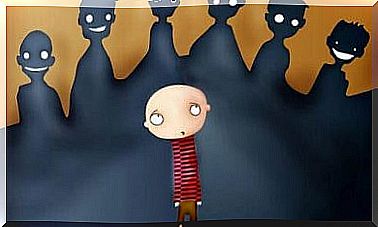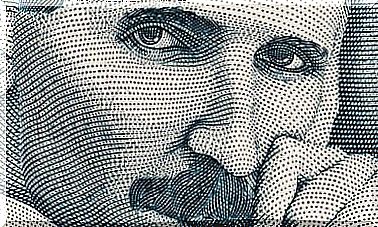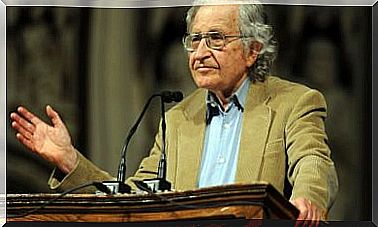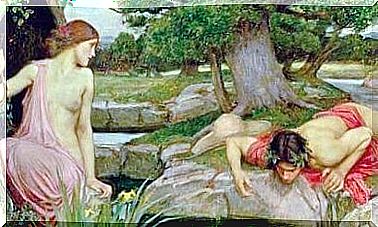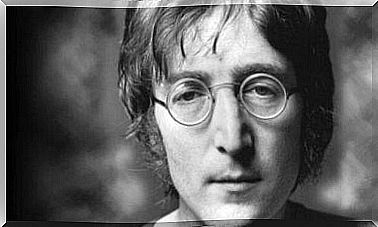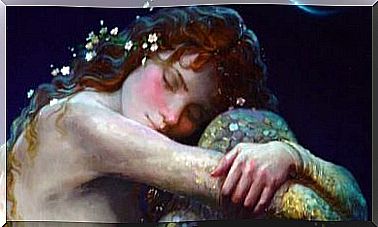George Orwell: Biography, Language And Totalitarianism
George Orwell was a British fiction writer, essayist and journalist who wrote critically about totalitarianism and whose books Animal Farm, or Animal Farm, and 1984 made him famous around the world.
His work, which he based on his personal experiences, is divided into three very different categories. The first category is his work against British imperialism.
The second category is some of his works such as democratic socialism. Finally, the third category is works he wrote to condemn Nazi and Stalinist totalitarianism.
Orwell was one of the most important essayists of the 1940s. His most important works are mainly focused on resistance to fascism.
The Spanish Civil War deeply affected him and he even took part in it to fight fascism. His experiences during World War II also influenced his work.
George Orwell continued to write critically about totalitarianism and the dangers of war.
His novel 1984 is his ultimate work against totalitarian societies. The world that Orwell described in this novel was the birthplace of the term “Orwellian” that people use to refer to these types of societies.
In this novel, he dealt with concepts such as manipulation of our words as well as mental control and abuse of power. Using the dystopian environment, he presented a frightening future that people wanted to avoid.

Childhood
George Orwell was actually a pseudonym for Eric Arthur Blair. The author was born in Motihari, India, in 1903. His father was a British agent at the Opium Department of the Indian Civil Service.
Young Eric was sent to England with his mother when he was still very young. There he received his education in the best schools.
In these schools, George Orwell created friendships that influenced his first work. After completing his studies in Eton, he decided to join the Imperial Police in Burma. He worked there for five years.
During this period, his health deteriorated and he began to reject imperialism.
George Orwell and the war
After leaving Burma, Orwell returned to England to begin publishing some of his works. He went to school but he also worked in a bookstore for a while.
Nevertheless, writing was his main occupation.
Later he lived with one of his aunts in France with the hope of establishing himself as a writer. But his time in that country also turned out to be disappointing.
When he returned to England in 1933, he decided to start going under the name George Orwell. In 1936, he decided to travel to Spain to fight fascism during the Civil War.
Although some of his friends, such as Hemingway, tried to deter him, he finally came to Barcelona at the end of that year. Deeply idealistic, he also took part in the battle on the “Huesca front” where he was wounded by a bullet in the neck.
His participation in the Spanish Civil War forever changed his perspective on the world.
When he returned from the war, he had to be admitted to an English hospital because he was suffering from severe tuberculosis.
Then, during World War II, he joined the Home Guard. He wrote down his thoughts and experiences during that time in his work Diaries .
Orwell also worked for the BBC with programs designed to support Allied war efforts from East Asian countries.
Shortly before his death, he married Sonia Brownell. George Orwell died on January 21, 1950 of tuberculosis.
Totalitarianism and language corruption according to George Orwell
George Orwell firmly believed that totalitarianism and language manipulation were closely intertwined. He argued that political language distorts concepts and events.
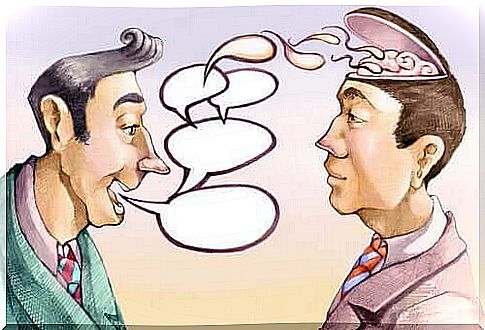
1984 contains very important messages that support these ideas. One of these is a reflection on how a government can change the language structure to block all thoughts of rebellion or disobedience.
In the same way, people involved in politics manipulate the language through psychological manipulation campaigns.
He also wrote extensively about “double thinking”, which is the ability to keep two contradictory ideas in one’s mind at the same time.
In 1984 , he used this type of cognitive dissonance with terms such as “Ministry of Peace”, which deals with war operations, or “Ministry of abundance”, which controls economic scarcity.
Undoubtedly, language is, for George Orwell, the structure of human thinking. That’s why it’s so important to him.
When a political power centralizes control over language, they can restructure it in such a way that no one can ever question the absolute power of government. This is totalitarianism.
A critical look
Sometimes literature or other types of art can convey a basic message. In this regard, this type of dystopian literature can make people think about issues like these.
Orwell teleports the reader into a troubled future, one that contains memories of our present. Through this , he encourages readers to take a critical and objective look at their own reality.
How can a person change things? What can a person do to avoid this terrible future?
Orwell was a master of the genre and gave us one of the best dystopian masterpieces ever written: 1984 .
